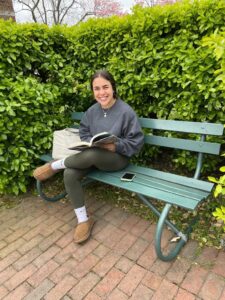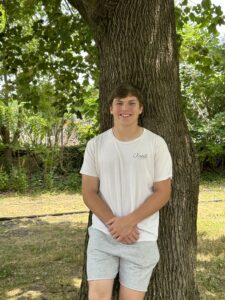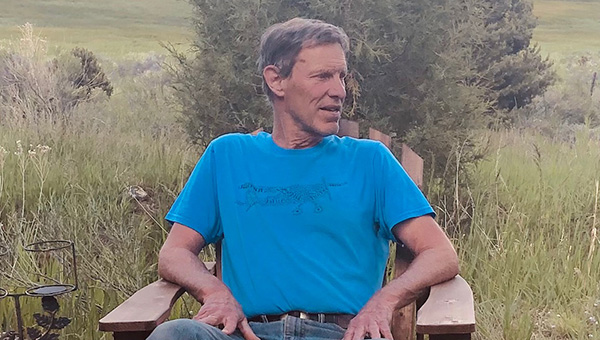
“My experience is that George School’s respect for the individual, for each of its diverse members, provides a foundation upon which students can speak about and act on, with conviction and confidence, what they believe in. In that way, the George School environment encourages and nurtures leadership,” said Walter (Walt) Daub ’64.
As a retired Head of School (Steamboat Mountain School, CO and Albuquerque Academy, NM) Walt knows about student leadership from an educator’s perspective, but also from his time at George School when he was a student leader himself. Walt was elected Class President during his junior and senior years, and he was also Captain of the soccer, basketball, and baseball teams his senior year.
“While at George School, I led by example. I genuinely liked and respected everyone and wanted the right things to happen. This was instinctive rather than calculated on my part,” explained Walt. “I came to George School as a boarding student in my sophomore year. My father gave me the choice of The Hill School or George School and I chose George School because it was co-educational while The Hill was only for males at that time. I loved boarding school and the community environment. I enjoyed and was encouraged by the faculty, both those who were mentors and acquaintances. They were all genuinely committed to us students—to who we were rather than who they wished we were. The spirit of the community, the values, the philosophy, and the practices all resonated with me and in essence, it was the mutual respect that was evident in every interaction that influenced me the most.”
Between his sophomore and junior year, Walt’s family moved, and he became a day student. “At that time, there were about four hundred fifty students at George School, fifty of whom were day students,” said Walt. “The School Store operated at night in the basement of West Main, and I loved the opportunity and responsibility of managing it, but I also enjoyed it because it allowed me to spend more time on campus which was important. I really loved being on campus. I admit to feeling that I was missing out on much when I became a day student. I imagine it being very different for day students today, given their strong representation on campus.”
While Walt enjoyed his English and History classes, it was Religion with Mr. William (Bill) Cleveland that resonated with him the most. “It spoke to my disappointment in organized religion, thus far, and to my soul, as corny as that sounds,” explained Walt. “Mr. Cleveland was a broad and genuine thinker who was interested in and respectful of diverse views. The outside world was always part of the conversation at George School, and it was a healthy, supportive, and instructive community to live in as our world was confronted with the controversial and fundamental moral and social issues of the 1960’s. The George School community provided an opportunity for genuine dialogue as we tried to understand and make sense of Civil Rights, the Vietnam War, and the assassination of John Fitzgerald Kennedy.”
“After I graduated college and was preparing to respond to being drafted to fight in Vietnam, I returned to George School and Mr. Cleveland for counsel as I respected his teaching and Quakerism,” continued Walt. “He did not provide a single answer. He only asked questions, remained silent and listened and I left him, clear in mind and purpose, with values and draft strategy reinforced.”
“At first, I was not taken by meeting for worship, but it quickly grew on me. That anyone could rise and speak from the heart, at any time, and be respected for it, represented a genuineness and honesty that was new and refreshing. My wife, Jayne Austin Daub ’66, and I later became Friends and were married in Newtown Friends Meeting. While we have not always lived close to a Meeting, we still identify as Friends.”
At George School, Walt’s main passion was athletics, and he was in his element on the athletic field and in the gym. “Being a three-season athlete and team captain in three sports kept me busy and engaged,” said Walt. “Looking back through my educator lens, I realize that educators have many opportunities to encourage leadership. With coaches, for instance, simply asking a newly elected captain what kind of leadership they intend to provide encourages them to be conscious of and deliberate about their role, to recognize the options and the potential. To develop as leaders, students need awareness and guidance. Our role as educators is to offer both, outside the classroom as well as in it. We would not announce a test on the Civil War without having yet covered the subject, in a very strategic manner, indeed. We need to approach the development of leaders with strategies every bit as intentional as those we use teaching history.”
“In my opinion, the magic that happens at George School matches perfectly with Robert Greenleaf’s “Servant Leader,” concept,” continued Walt. “In Greenleaf’s words, “A servant-leader focuses primarily on the growth and well-being of people and the communities to which they belong. While traditional leadership generally involves the accumulation and exercise of power by one at the “top of the pyramid,” servant leadership is different. The servant-leader shares power, puts the needs of others first and helps people develop and perform as highly as possible.””


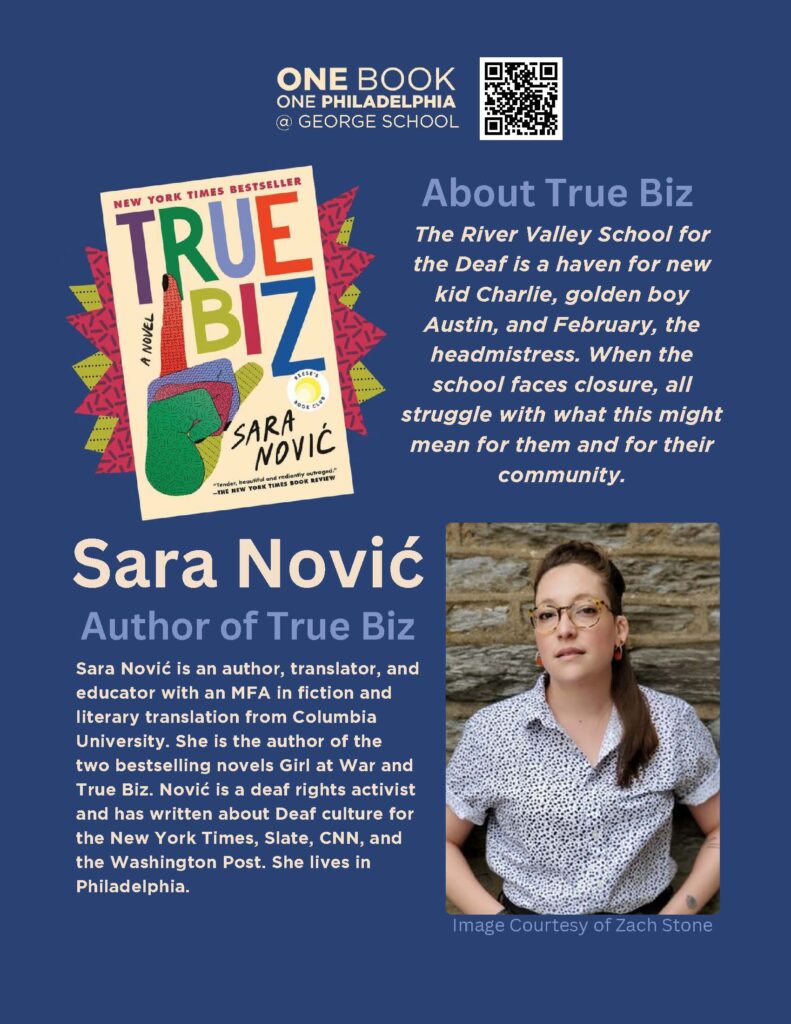

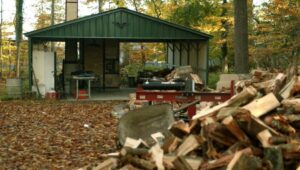

 Monastir, Tunisia, and Amman, Jordan
Monastir, Tunisia, and Amman, Jordan Irvine, CA
Irvine, CA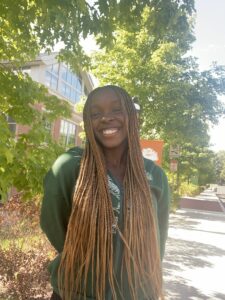 Feasterville-Trevose, PA
Feasterville-Trevose, PA New Hope, PA (Previously NYC)
New Hope, PA (Previously NYC)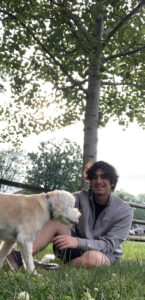 Richboro, PA
Richboro, PA Englewood, NJ
Englewood, NJ Ningbo, Zhejiang, China
Ningbo, Zhejiang, China Willingboro, NJ
Willingboro, NJ Yardley, PA
Yardley, PA Newtown, PA
Newtown, PA Holicong, PA
Holicong, PA Newtown, PA
Newtown, PA Hamilton, NJ
Hamilton, NJ Yardley, PA
Yardley, PA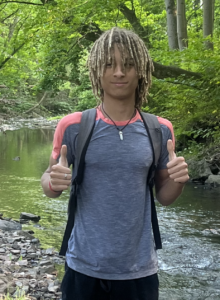 Lambertville, NJ
Lambertville, NJ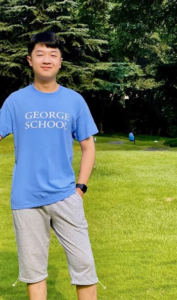 Chongqing, China
Chongqing, China Pennington, NJ
Pennington, NJ Yardley, PA
Yardley, PA Bensalem, PA
Bensalem, PA Borgota, Colombia
Borgota, Colombia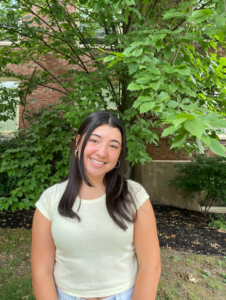 Newtown, PA
Newtown, PA Burlington, NJ
Burlington, NJ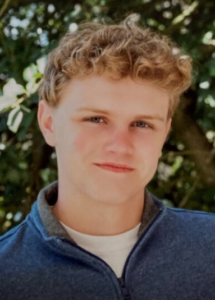 Langhorne, PA
Langhorne, PA Princeton, NJ
Princeton, NJ Langhorne, PA
Langhorne, PA New York City, NY
New York City, NY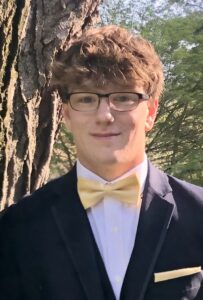 New Hope, PA
New Hope, PA St. Catharines, Ontario, Canada
St. Catharines, Ontario, Canada Providenciales, Turks and Caicos Islands
Providenciales, Turks and Caicos Islands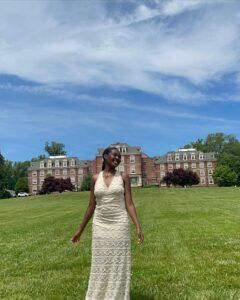 Willingboro, NJ
Willingboro, NJ Princeton, NJ
Princeton, NJ
 Newark, NJ
Newark, NJ Trenton, NJ
Trenton, NJ Newtown, PA
Newtown, PA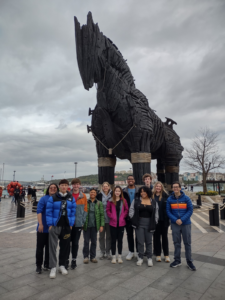
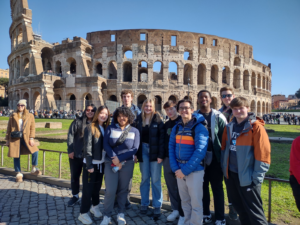
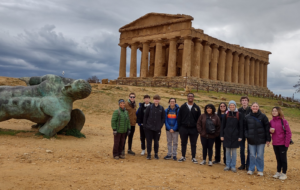

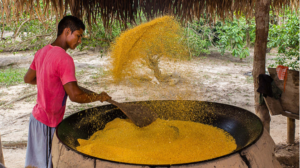



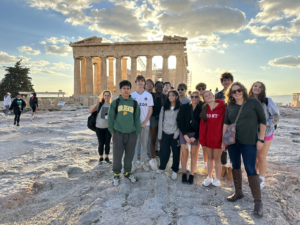
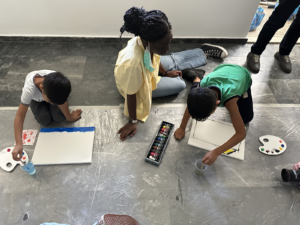
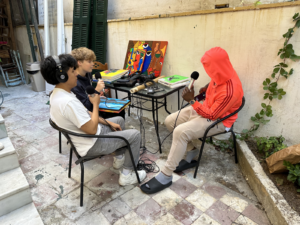
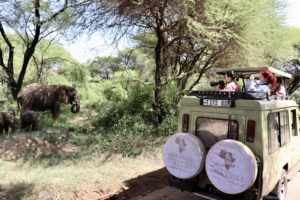
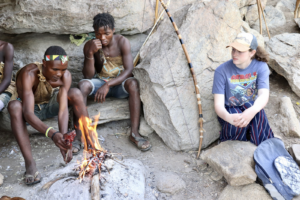
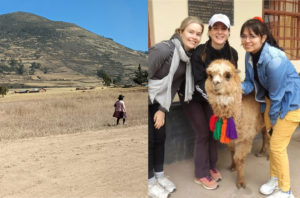

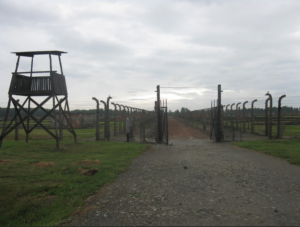
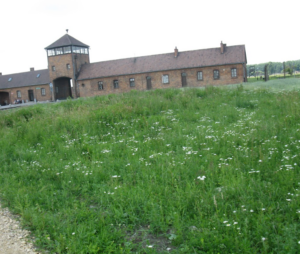
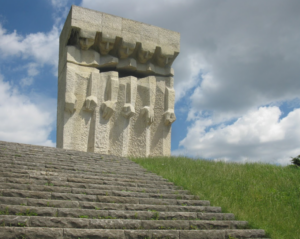

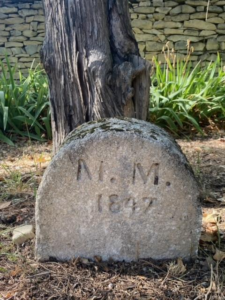
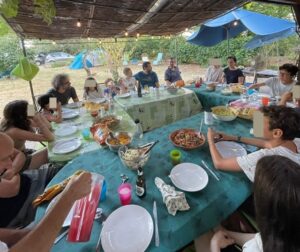
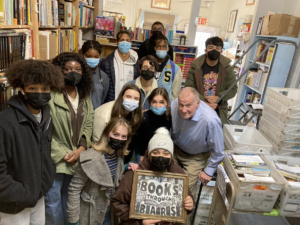
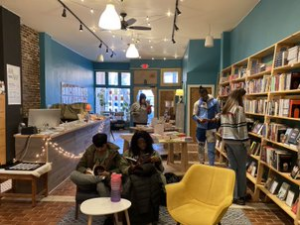
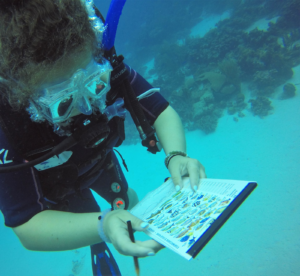

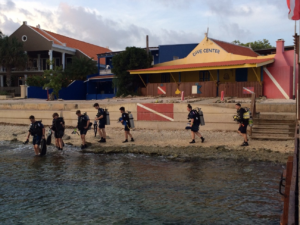
 Lawrence, NJ
Lawrence, NJ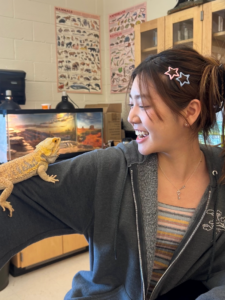 Seoul, South Korea
Seoul, South Korea
 Milwaukee, Wisconsin
Milwaukee, Wisconsin Pennington, NJ
Pennington, NJ Jenkintown, PA
Jenkintown, PA Ottsville, PA
Ottsville, PA Yardley, PA
Yardley, PA Providenciales, Turks and Caicos Islands
Providenciales, Turks and Caicos Islands Hopewell, NJ
Hopewell, NJ
 Pottstown, PA
Pottstown, PA Playa del Carmen, Quintana Roo, México
Playa del Carmen, Quintana Roo, México Shanghai, China
Shanghai, China Beijing, China
Beijing, China Yardley, PA
Yardley, PA Beijing, China
Beijing, China Holland, PA
Holland, PA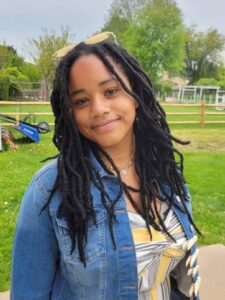 Langhorne, PA
Langhorne, PA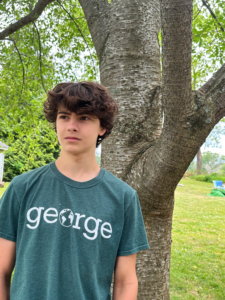 Ringoes, NJ
Ringoes, NJ New Hope, PA
New Hope, PA Dreshner, PA
Dreshner, PA Yardley, PA
Yardley, PA Yardley, PA
Yardley, PA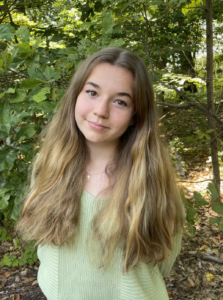 PA
PA


 Xi’an, China
Xi’an, China
